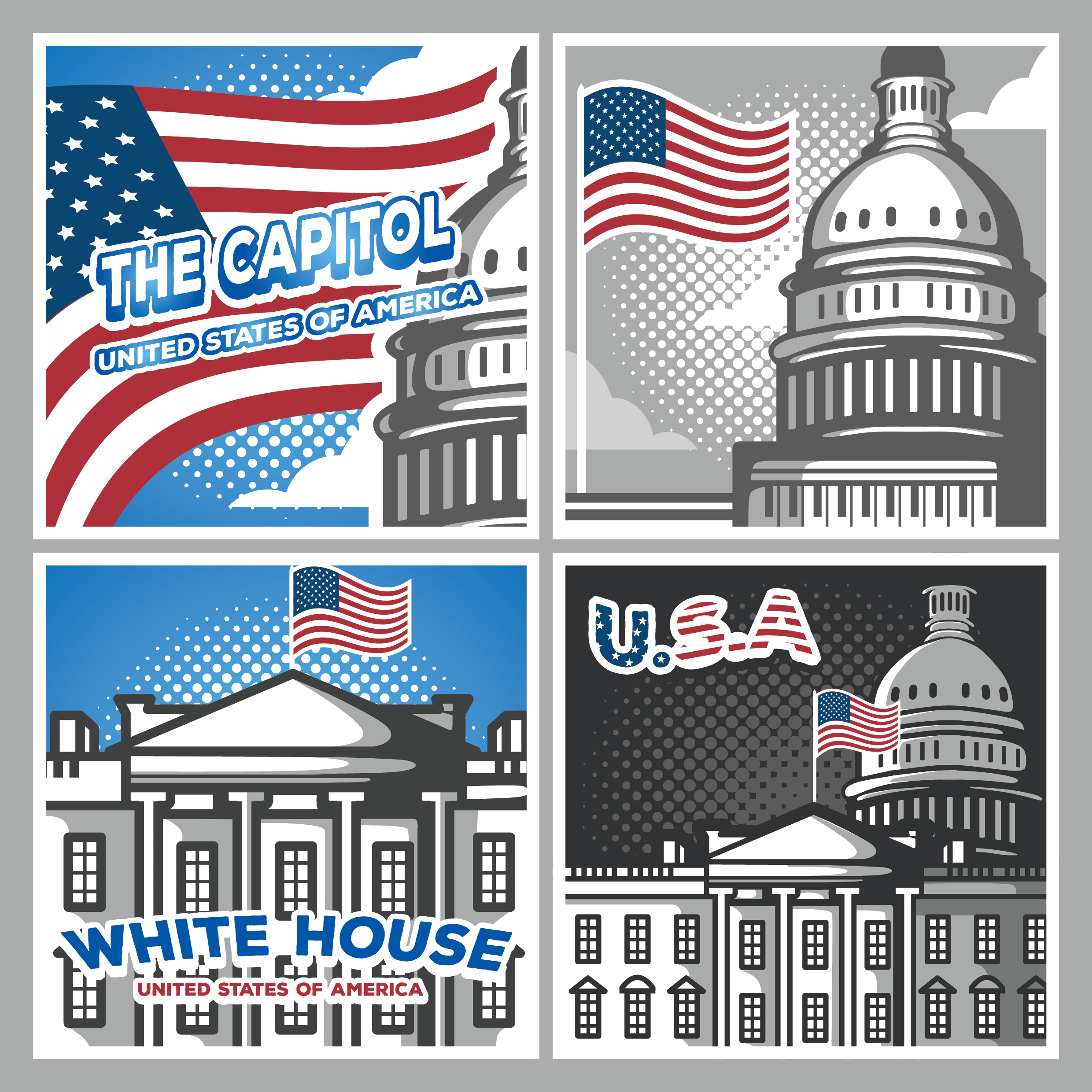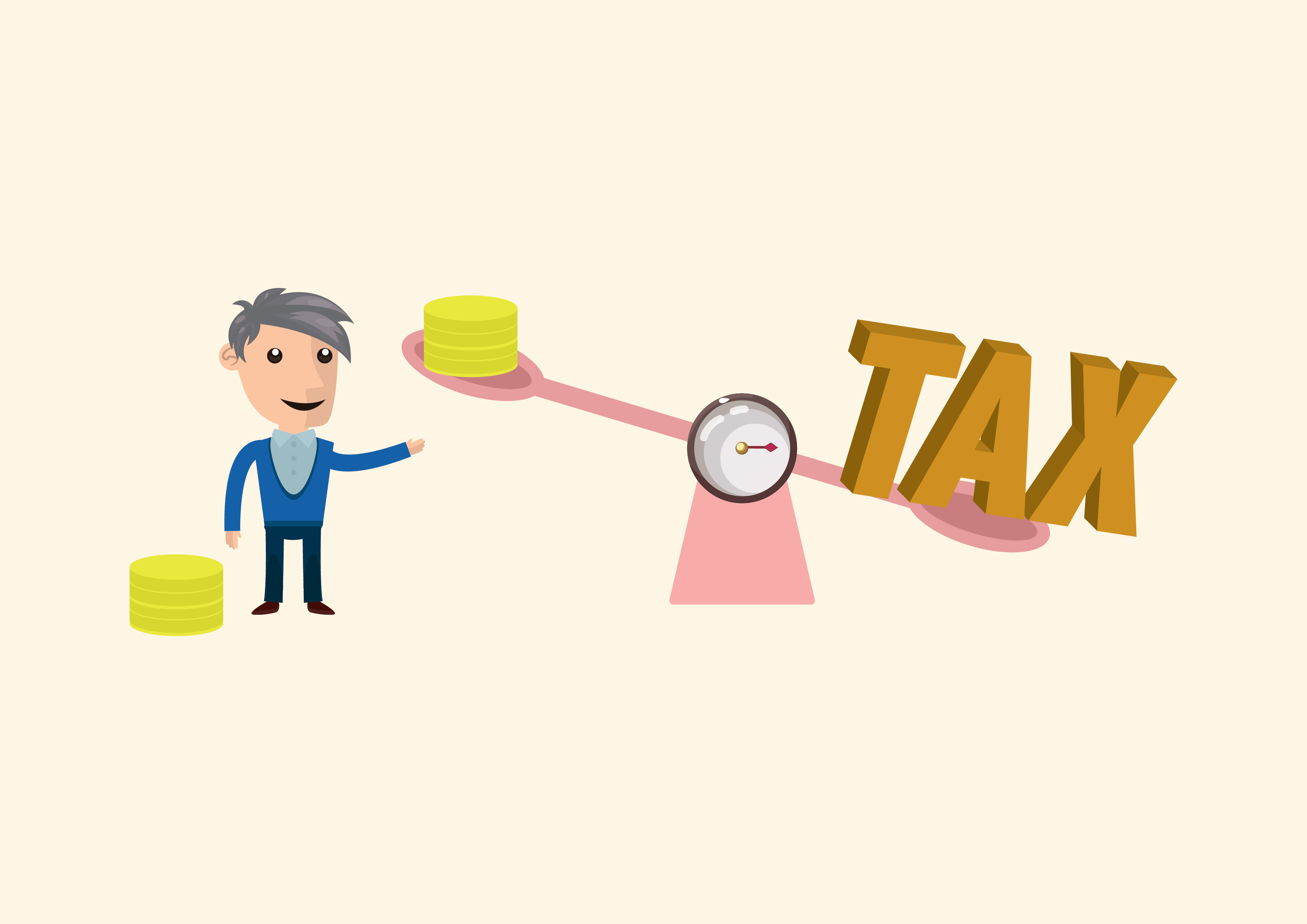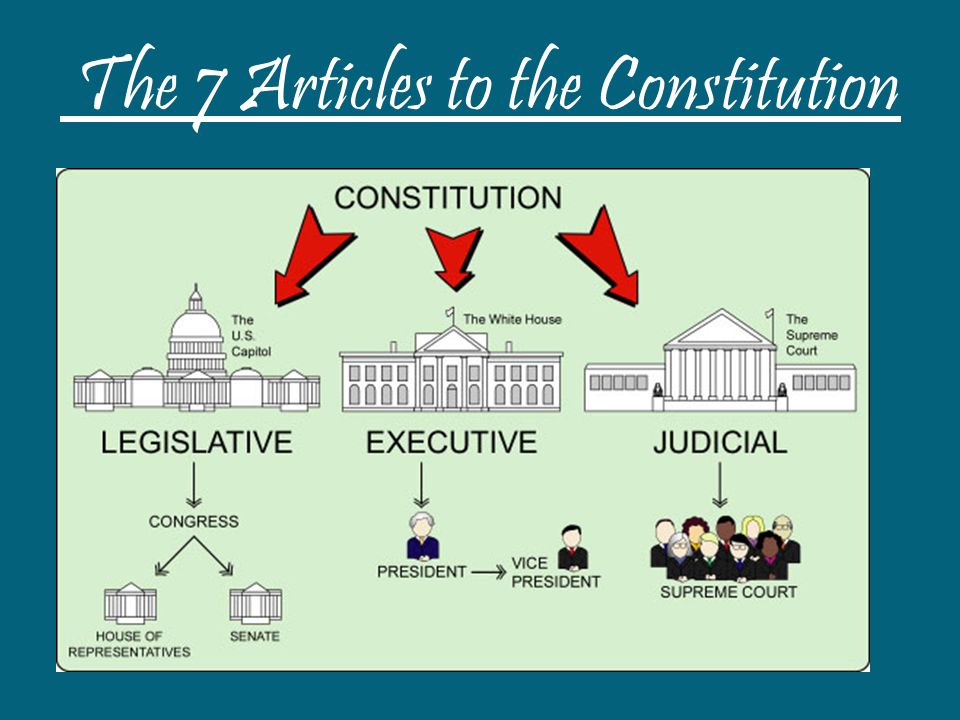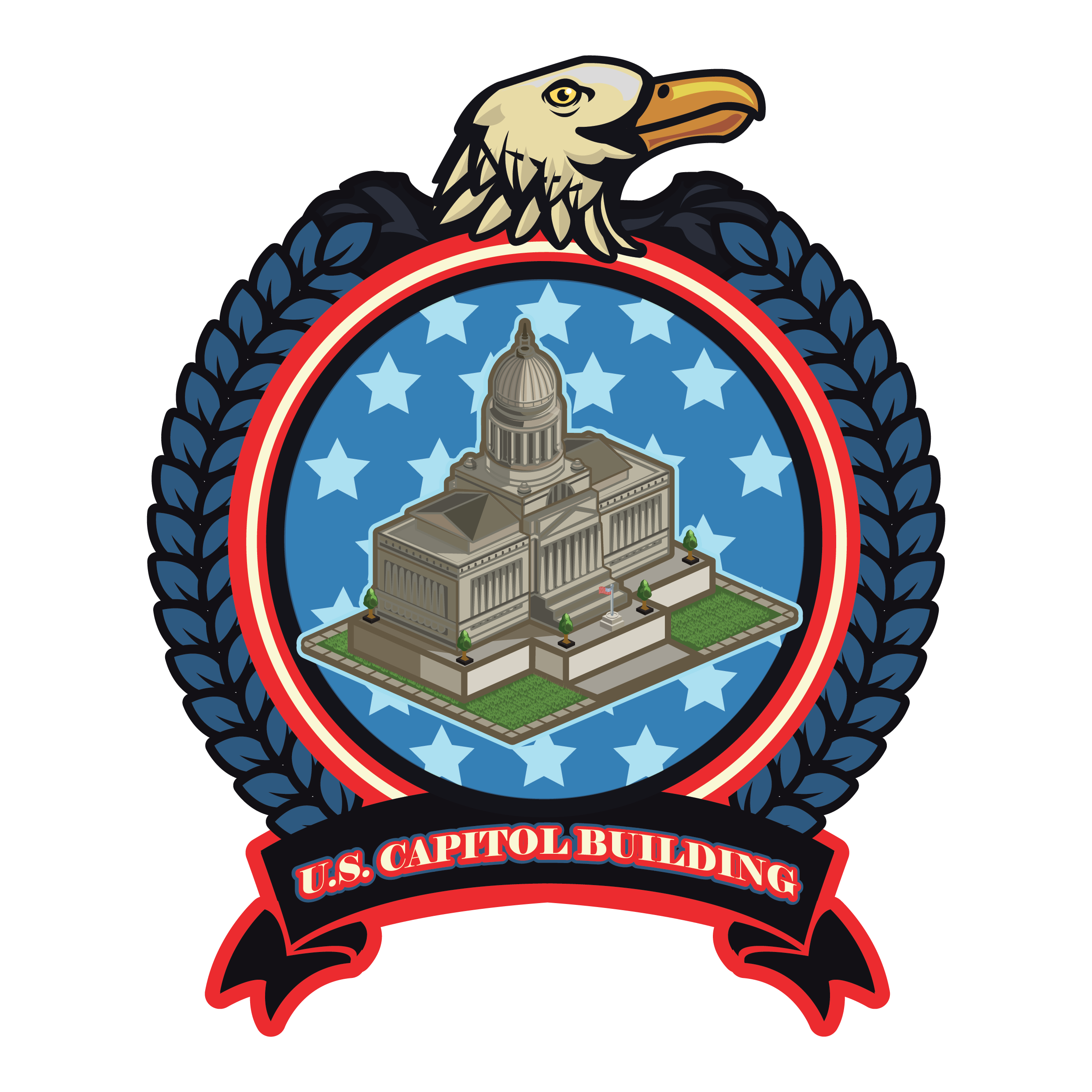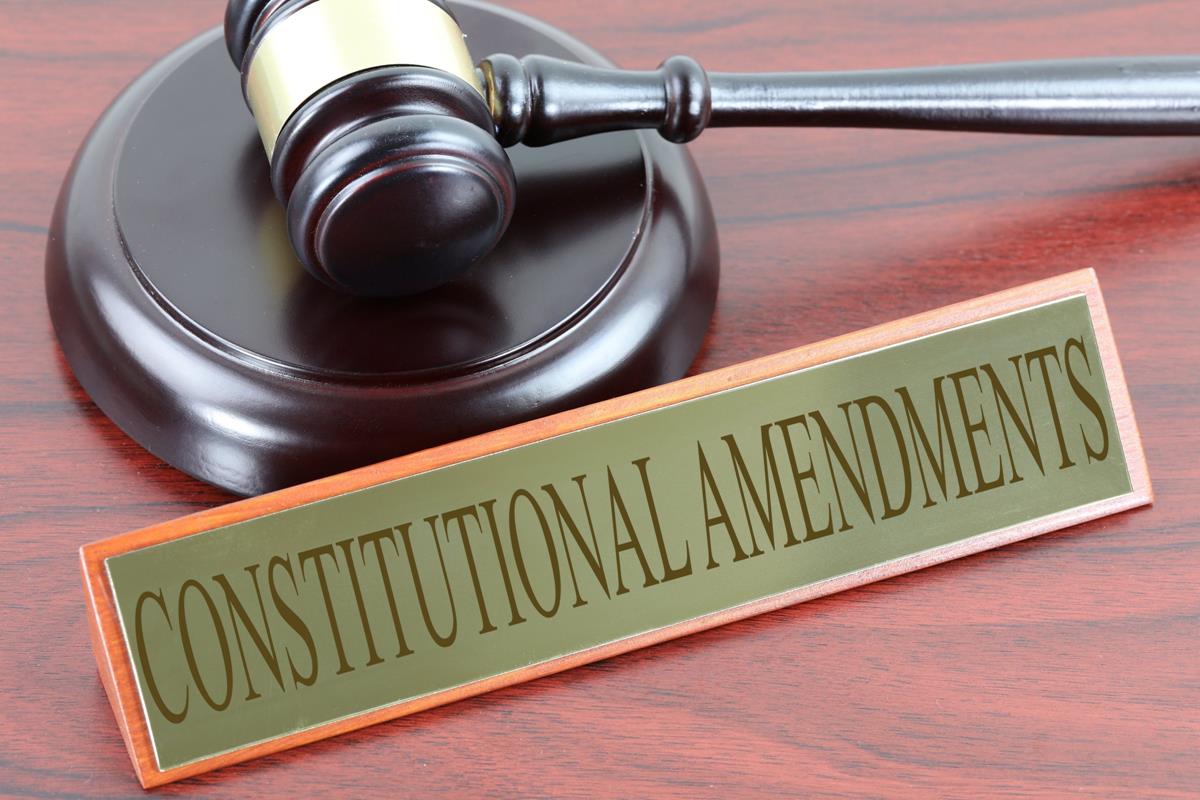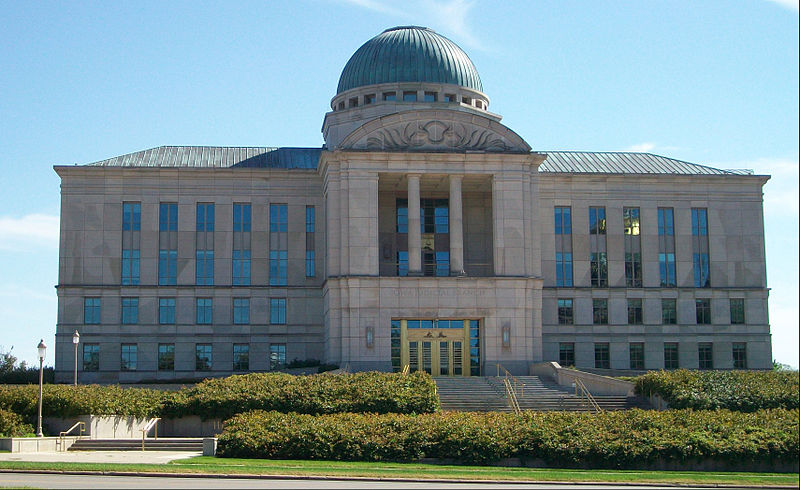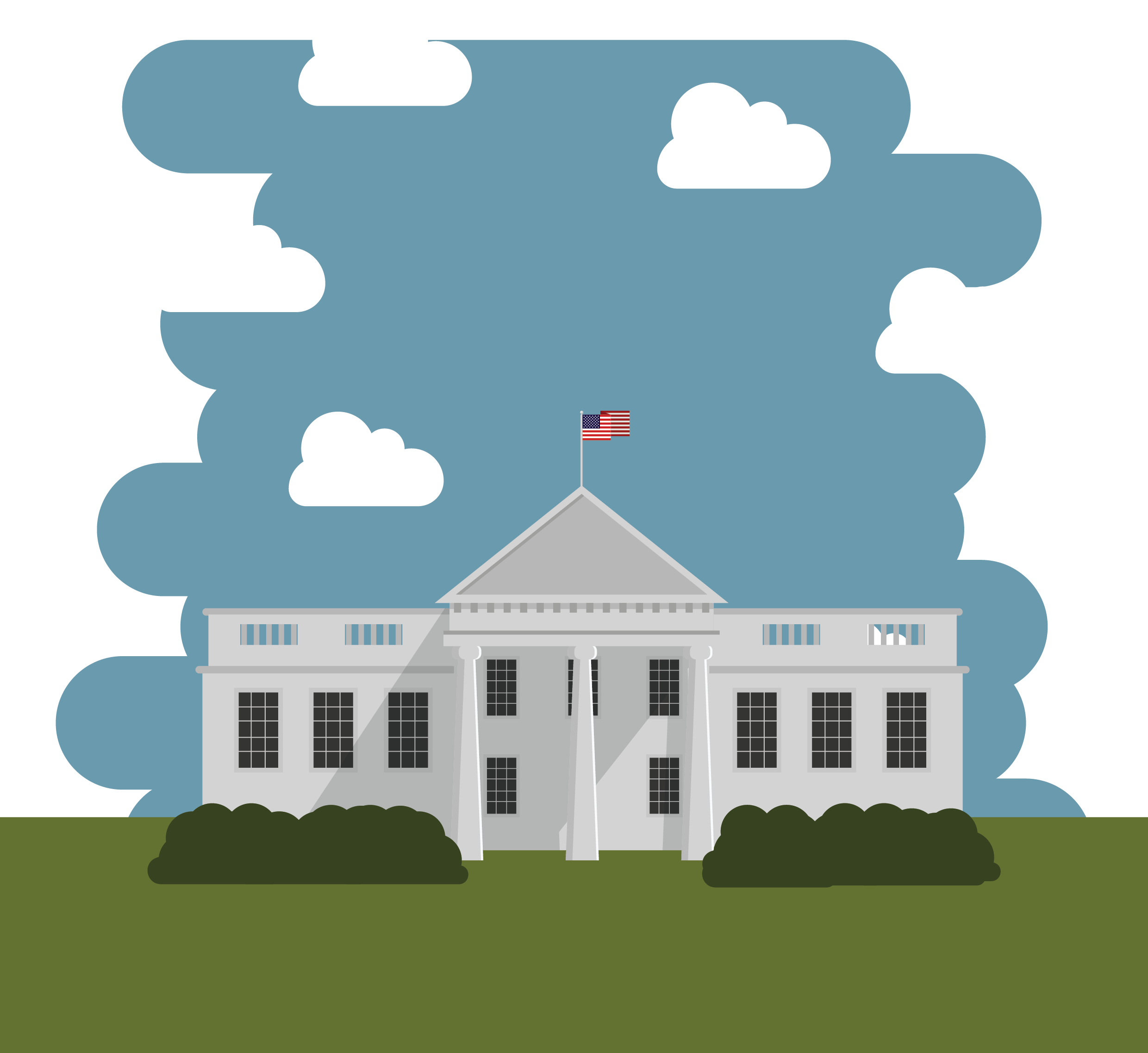US State & Local Government Facts
There is a reason why each U.S. state government has certain powers different from the federal government.
The reason is to prevent the federal government from becoming too powerful and becoming a dictatorship and violating the rights of American citizens.
There are three branches of the U.S. Federal Government and three branches of each state’s government. They are legislative, executive, and judicial.
Powers within the legislative are determined by the U.S. Congress, the executive by the President of the U.S., and the judicial by the Federal Courts.
Within the state governments here are hundreds of agencies, commissions, and departments that handle certain responsibilities, such as state laws, law enforcement, courts, fire protection, health and safety laws, state taxes, and handling state and federal elections.
The federal government is responsible for agencies that deal with Immigration, the U.S. space program, forest protection, oceans, the military branches, trade, foreign affairs, intelligence, federal taxes, etc.
Legislature
The Federal Government of the United States Legislature branch is made up of state legislatures, which consist of two chambers (except for Nebraska which has only one chamber) – the Upper House called the Senate, and the Lower House, most often called the House of Representatives.
Elections
Each U.S. state has the authority to make laws within its borders. By the authority of the U.S. Constitution, each state government has legislative, executive, and judicial authority.
Each state conducts state and local elections so that the citizens of that state or district have a say in who represents them.
Those who are elected are not elected for life but have a determined term of office so that they can be replaced if the citizens deem it necessary.
The citizens of the United States have the right to vote on the person they wish to represent them in the House of Representatives and the Senate.
Each state and local government is responsible for administering the Federal Election as well as state and district elections and ensure the voting is honestly run.
Upper House or Senate
Before 1964, state senators were elected from districts that did not have equal populations so that states with huge populations had more senators elected.
This caused small states and rural areas to be underrepresented in the federal government. In 1964, the U.S. Supreme Court ruled that state senators must be elected from districts with nearly equal populations.
Lower House or House of Representatives
Some states call their House of Representatives by other names, such as House of Delegates (Maryland, Virginia, and West Virginia), Legislature, General Assembly (New Jersey), State Assembly (California and Wisconsin), Assembly (Nevada and New York) Legislative Assembly, or General Court.
Whatever the state calls it, it is still the House of Representatives.
Executive
This branch of the government of every state is headed by an elected Governor.
Others in the Executive are the Lieutenant Governor, the Attorney General, the Secretary of State, Auditors, the Treasurer, the Commissioner of Agriculture, the Superintendent of Education, and the Commissioner of Insurance.

The Judiciary
This branch is usually called the Supreme Court. Here judges hear appeals from the lower state courts or trial-level courts.
How the Supreme Court is structured is set by the constitution or legislature of each state. The Supreme Court has the last word on state laws.
The decisions of the Supreme Court can only be overturned by the U.S. Federal Supreme Court.
Quiz Time!
QUESTIONS
Why have state governments been given certain powers?
What are the three branches of the federal and state governments?
What authority has given each U.S. state the power to make laws within its borders?
What is the usual name given to the Upper and Lower Houses of state and federal governments?
What court can overturn the states’ Supreme Court decisions?
ANSWERS
The states have been given certain powers to make sure the Federal Government does not turn into a dictatorship.
Three branches of the federal and state governments are the legislative, executive, and judicial.
The U.S. Constitution has given each state the power to make laws within its borders.
The Upper House is usually called the Senate and the Lower House is usually called the House of Representatives.
Only the U.S. Federal Supreme Court can overturn decisions of states’ Supreme Court rulings.

